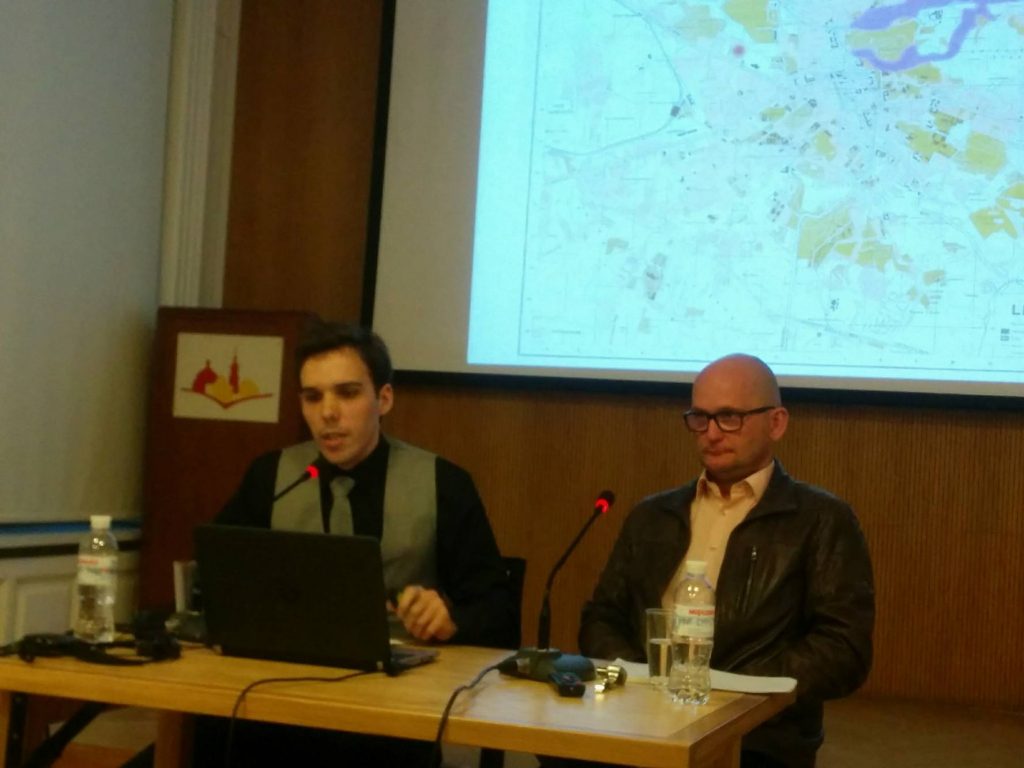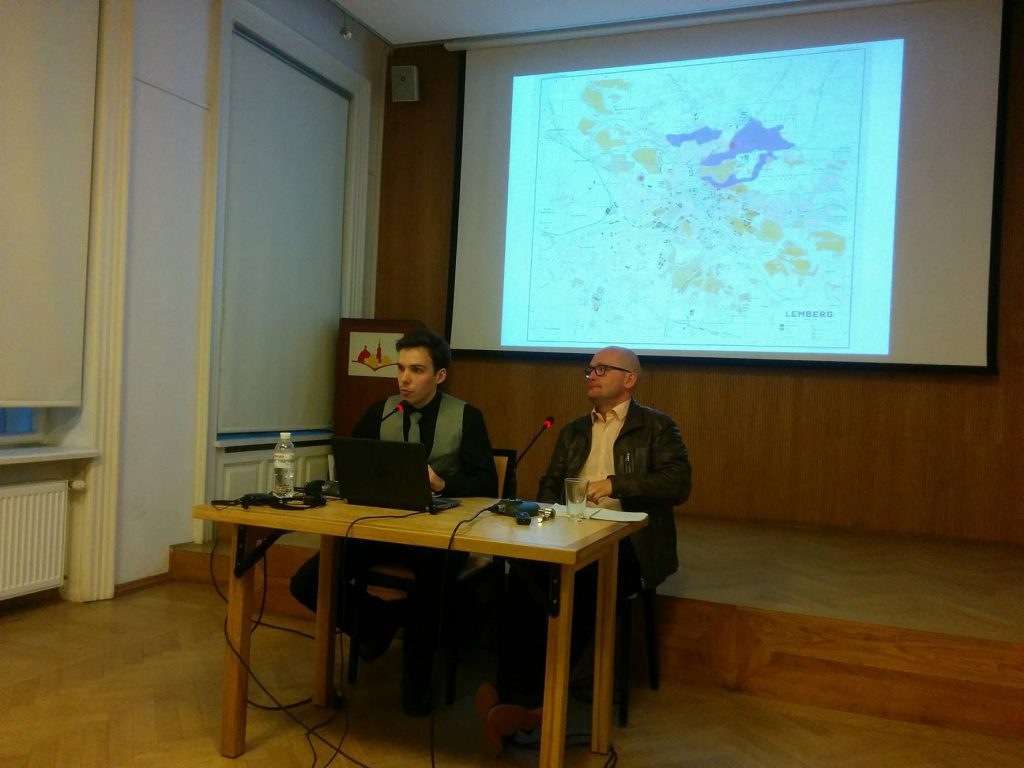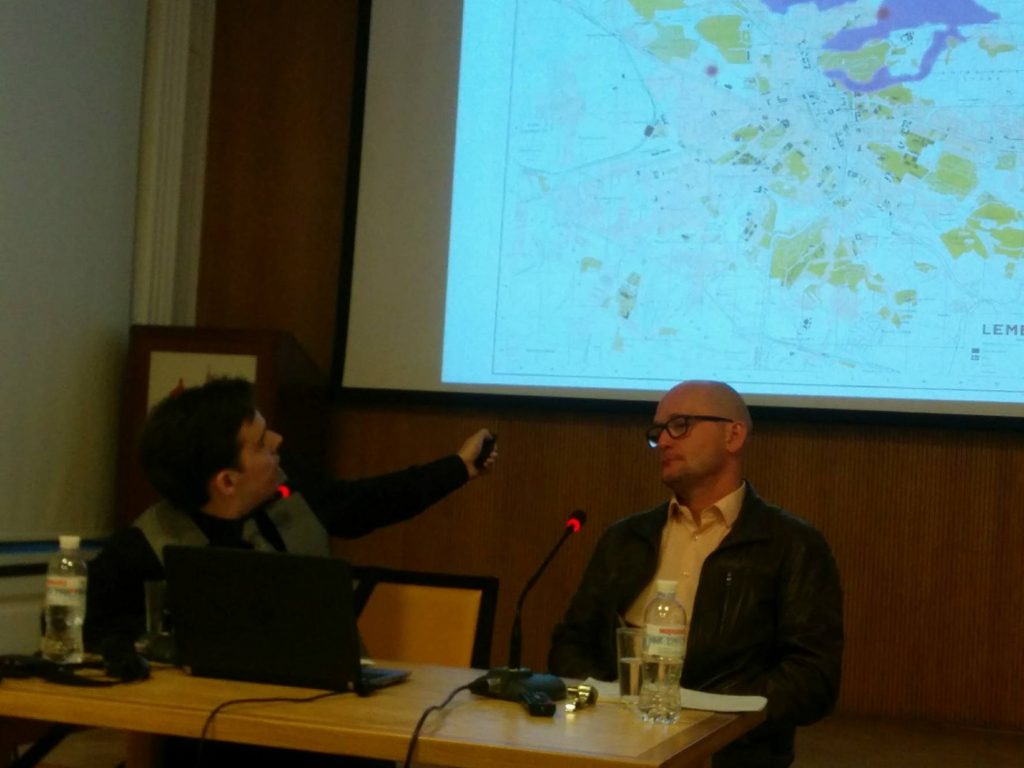On the Outskirts of Genocide: Roma Community in Social and Urban Space of Lviv Under Nazi Occupation
28.9.2017, 18:30
Center for Urban History, Lviv
Throughout centuries, Roma used to be part and parcel of social fabric of Lviv outskirts. One of the key periods in the history of the Roma community of the city and a sort of decisive moment was the Second World War. Establishment of Soviet rule, and later, of Nazi totalitarian rule implied development of a strict system of social control on the subject territories. The "disorderly" traditional lifestyles of Roma people would inevitably turn them into a risk group. It fully manifested itself under Nazi occupation.
The long-standing paradigm for persecuting the Roma within the Governorate General, in the historiographic and narrative tradition, implies genocide (ethnocide) similar to Jews. Recent studies of the situation in the district of Galicia and in its capital Lviv offer fair grounds for reconsidering the approach. The sources unknown before proved there had been large Roma community who had not been exterminated and had existed throughout the entire period of Nazi occupation. The comparative reconstruction of the situation of the Roma community suggests that in the actual political and legal practices of authorities as to local population they were treated as "non-Germans" (Ukrainians or Poles), rather than Jews.
The project was presented by Piotr Wawrzeniuk and Taras Martynenko. Piotr Wawrzeniuk covers the general picture of persecuting the Roma in Central Europe and its peculiarities in the district of Galicia, and Lviv as such. Taras Martynenko placed Roma community into local social and urban context and combine the topic with his research of the wartime Lviv.
The presentation was in English, with simultaneous interpreting.
Piotr Wawrzeniuk
is director of studies at the Department of Military History at National Defence University (Sweden) and head of the project Roma Genocide in Ukraine: History, Memory and Representation at Södertörn University (Sweden).
Taras Martynenko
is a historian, finishing his dissertation on wartime Lviv (Title: “Citizens of Lviv during the World War II: social conscience and social behavior”).
The presentation was taking place as a part of the public program for the exhibition "(un)named".
Credits
Сover Image: Roma in Litzmannstadt and surrounding area / Holocaust History Archive



